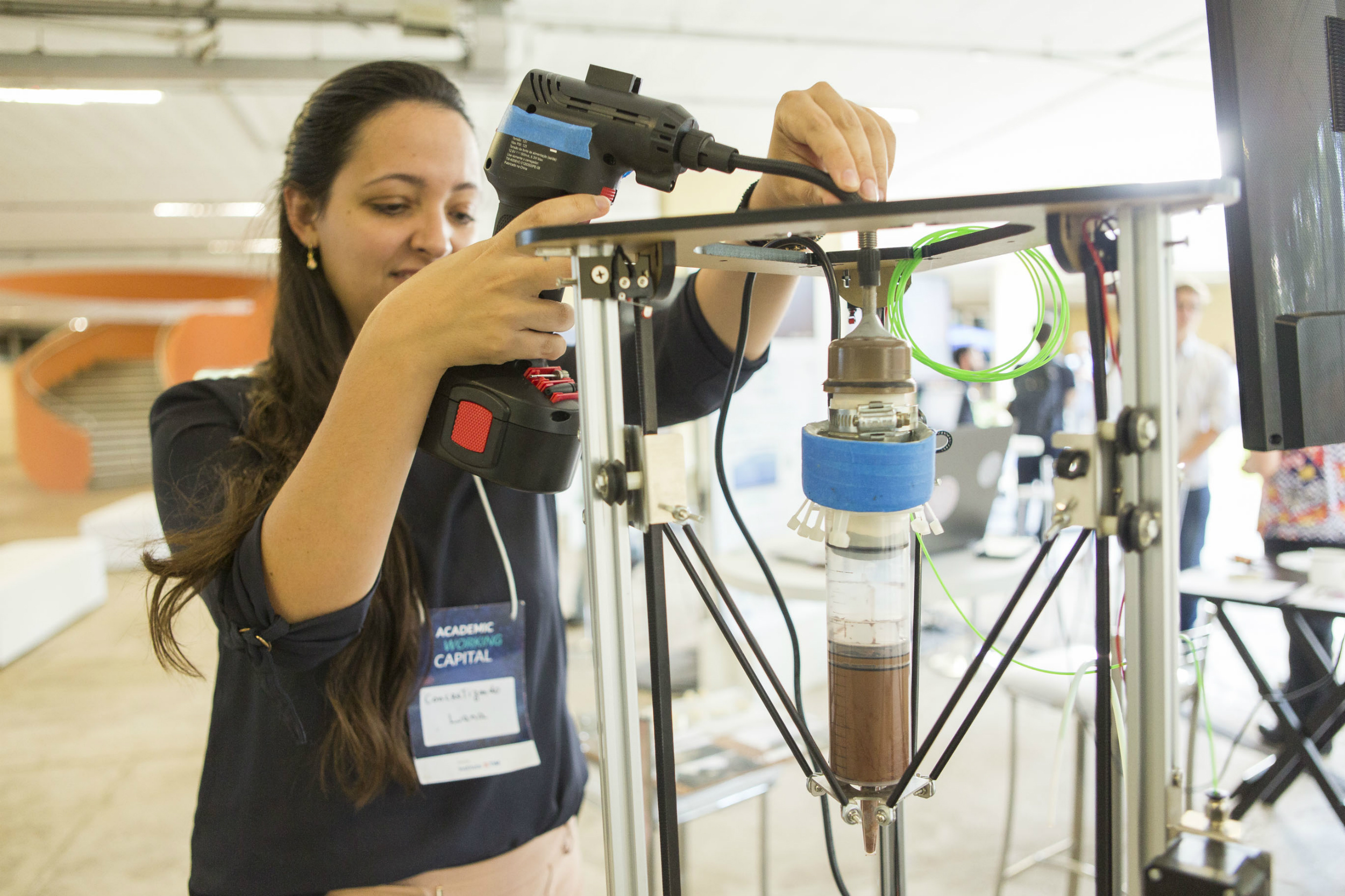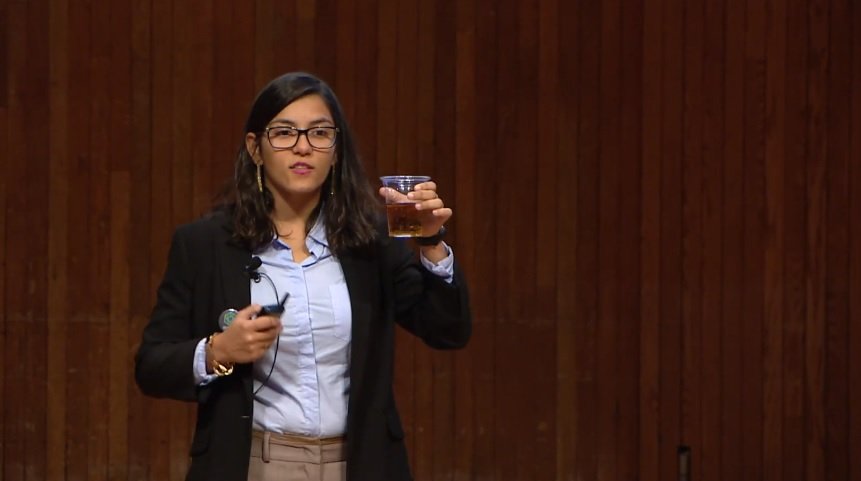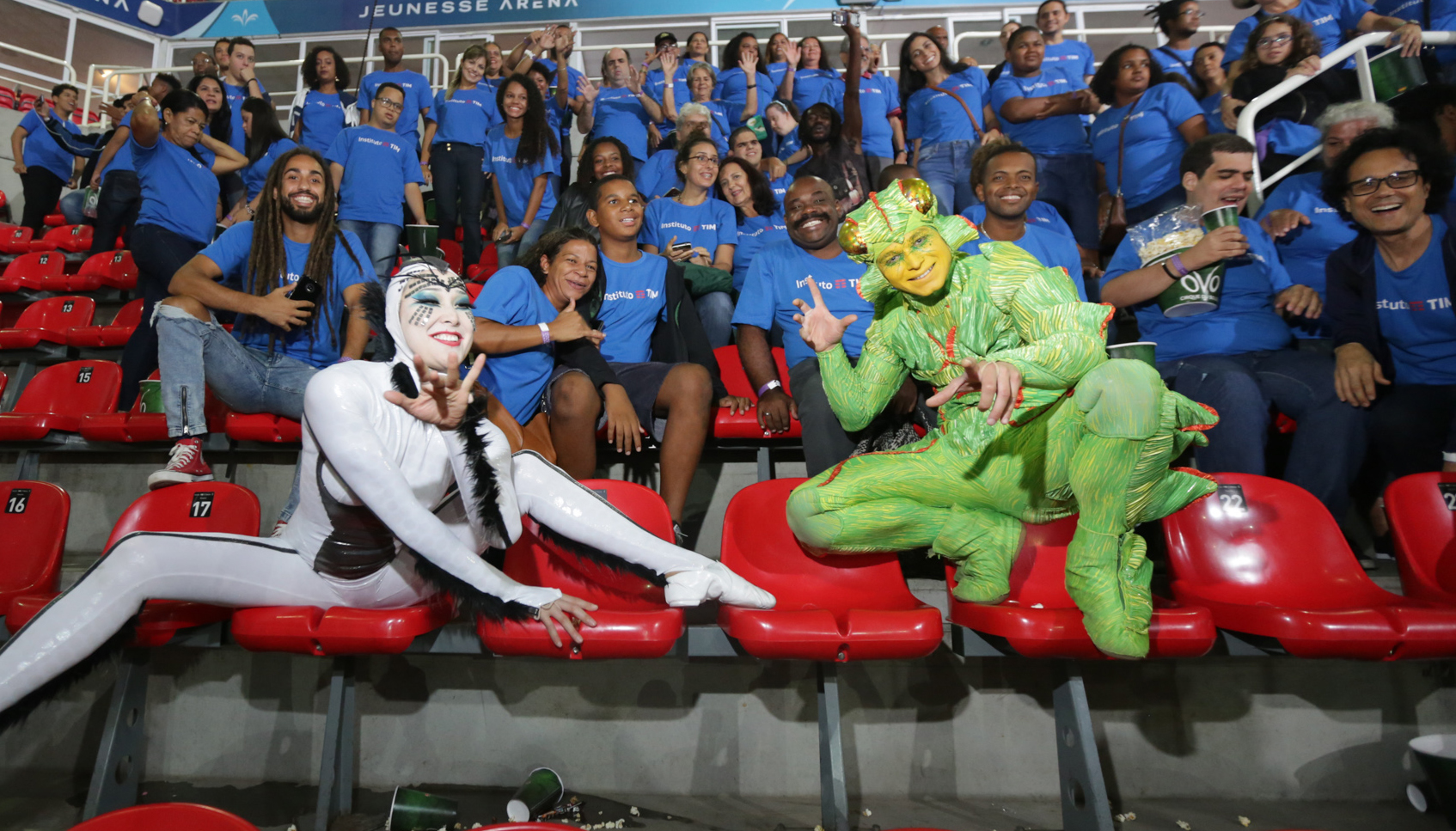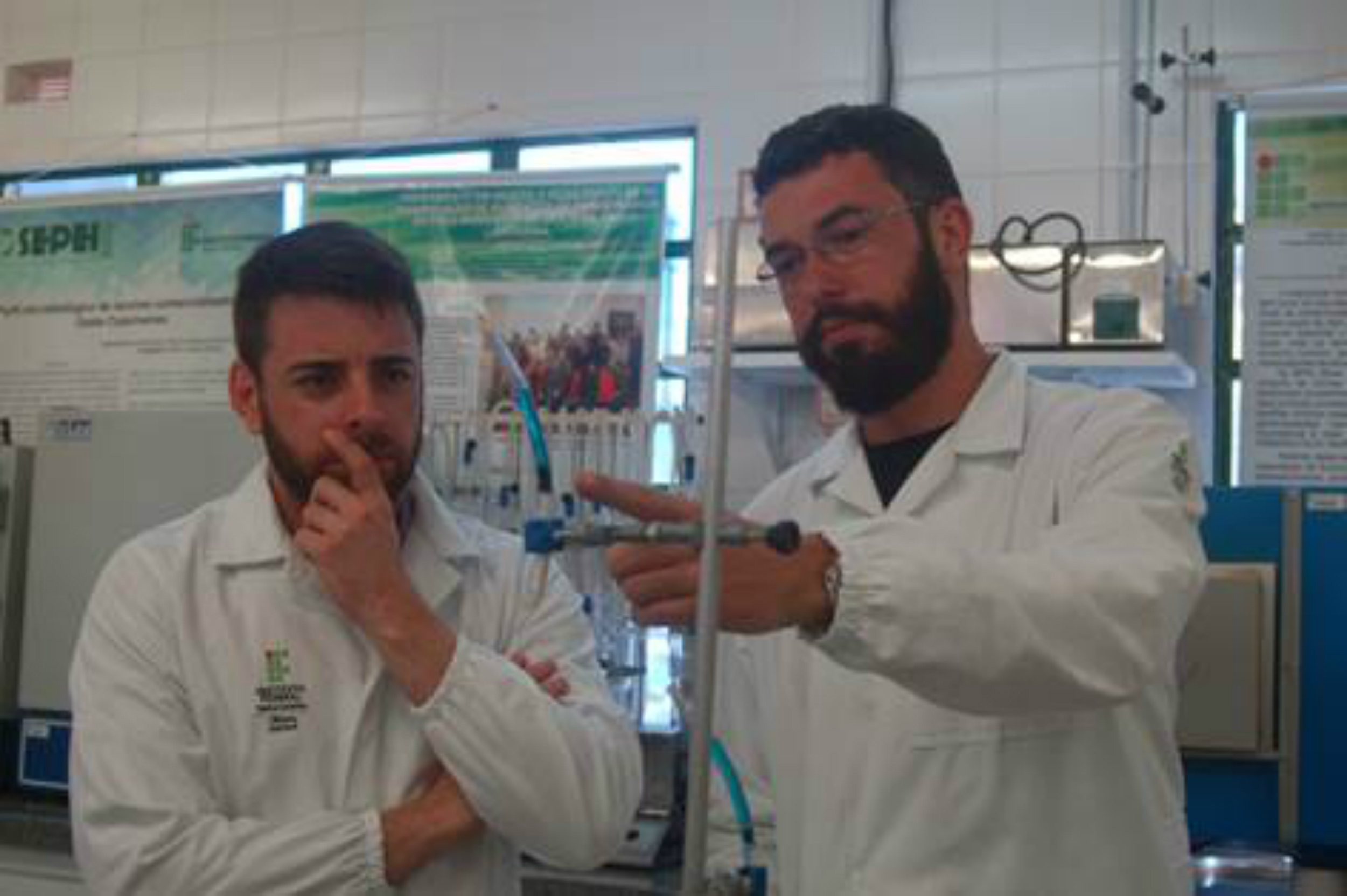
Enrollment are open for the 2022 Edition of Academic Working Capital (AWC), Instituto TIM’s program for Entrepreneurial Education Create in 2015, the AWC’s goal is to stimulate startups creation through Course Completion Works and support university students in the development of entrepreneurial skills, expanding the possibilities of professional opportunities. Throughout the Academic Working Capital journey, university students are scorted by the program’s team and by a mentor group, formed by some of the most renowned professionals in the entrepreneurship and innovation fields in the market.
One of the AWC’s 2022 Edition mentor is Elisabete Fernandes, university professor and Entrepreneurship and Innovation consultant at Sebrae-SP. Elisabete participated of the Sebrae SP Business School’s creating, first institution of free teaching of entrepreneurship in Brazil, and has solid preformance with people management and entrepreneurial teams. “Programs like AWC are fundamental because they challenge young people to challenge themselves”, states Elisabete, who also highlights the importance of a formal education to promote the development of entrepreneurial features in young people. About the diversity agenda, the mentor emphasizes that one of the entrepreneurial characteristics more valuable is to accept and integrate diversity. “The multidiversity is extremely enriching, not only because of its importance social bias of creating job opportunities for all, but having a team formed of people with diversed knowledge, cultures, genders, races and diversed experiences is essencial to any business. The world is not constituted by people who are and think in the same way and enterprises need to reflect the same,” she says.
Entrepreneur and startup hunter Amanda Graciano is another AWC 2022 mentor. Renowned as Linkedin Top Voice, she has followed the development of more than a thousand companies and acted in the acceleration of startups and Open Innovation. According to her, there is an enormous responsibility to create solutions and initiatives that look globally for the world we live. “If we don’t look for diversity and inclusion since the beginning of a project, we neglect a part of our community. Business are for everyone)”, she states. Fabio Zoppi Barrionuevo, professional in the Innovation, Technology and Entrepreneurship field and Sérgio Antezana, electrical engineering and startup evaluation committees member and Angel Investor, complete the AWC mentor team.
As part of Instituto TIM’s commitment to diversity and to encourage greater women and black people participation, were included gender and race as criteria in the project selection besides the tiebreaker. Diversity and inclusion are fundamental to the promotion of an innovative and plural environment and, therefore, the AWC reinforces its commitment to not tolerate any form of discrimination related to gender, LGBTI+, race, generations and people with disabilities.
AWC Methodology
The selection of projects will be carried out in two stages: in the first one, will be verified if the work attend to the provisions stated on the public notice and in the second one the relevance is verified according to some criteria, such as gender and race diversity in the group, and if they will contribute to solve post-pandemic challenges. The final result will be announced on April 30th.
The course of the project includes three workshops in person, remote monitoring by the program’s mentors and the conclusion with the Investment Fair, that will be held in November, in which the groups present their business models to potential investors. Besides all this theoretical and practical support, the program provides a financial contribution to the attendees with the goal to fund the planning and development of product or service prototypes.
AWC also aims to help build new technological solutions to society challenges that are technically and commercially viable and sustainable. Groups of students from Brazilian universities in any state can participate as long as at least one of the members – the author of the project that will give rise to the startup – is enrolled in the final phase of graduation. The proposals must be sent by filling out an online form.






































































































